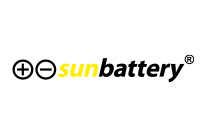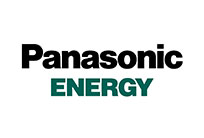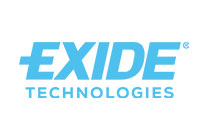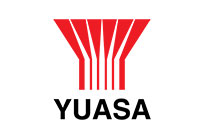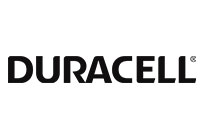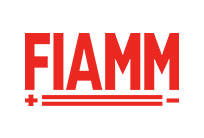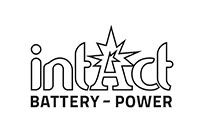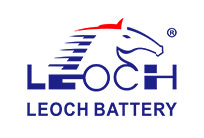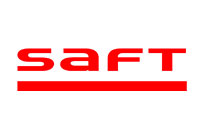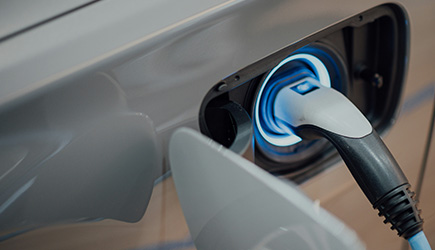
Innovative lithium solid-state battery on the verge of a breakthrough - development is also progressing in Germany!
Research is being carried out worldwide on an innovative lithium solid-state battery that will outperform the classic lithium-ion battery and replace it in electric car applications. In Germany, the battery start-up “High Performance Battery (HPB)” is also researching a promising variant of the innovative battery and is on the verge of series production.
What can the new solid-state battery do?
Research into the solid-state battery has been going on for several years. The idea of replacing the liquid electrolyte in lithium-ion batteries with a solid ion conductor came to the inventor of the technology, Günther Hambitzer, during experiments in 2016. The German start-up is now on the verge of series production.
The newly developed battery is to be used in electric cars and will primarily have a significantly higher cycle stability. With the innovative battery, the cars could withstand up to 12,500 charging cycles and achieve a range of almost 1000 km. This is possible due to the higher energy density of 0.5 kwh/kg. Samsung's solid-state battery thus achieves almost twice the energy density of conventional electric car batteries. What's more, the battery with its innovative solid ion conductor is said to lose none of its performance in hot or cold conditions. The technology is probably so interesting for the automotive industry that German car manufacturers are already experimenting with HPB's patented process and the solid ion conductor.
The new solid-state battery could represent a revolution on the energy storage market. According to Ingo Krossing, a chemist at the University of Freiburg, HPB's technological approach is the only one that could lead to more cycle-resistant, longer-lasting, more stable and fast-charging solid-state batteries. According to Samsung, the replacement of the liquid electrolyte also leads to a lower weight and a smaller battery overall. Another advantage is that the solid material is significantly less risky than its liquid counterpart.
Perhaps the new battery technology offers the long-awaited final step towards a solution for the automotive industry. It keeps the vision of being able to travel distances of over 1000 km in battery-powered cars alive. In addition, the solid-state batteries should be able to be charged as quickly as a conventional combustion engine when refueling.
The technology behind the solid-state battery from HPB
Until now, Li-ion batteries with liquid electrolytes have been the absolute standard in e-mobility. Their high energy density and low weight make them ideal for electric cars. The promising new lithium-ion technology from HPB is now attempting to replace the liquid electrolyte with a solid ion conductor. This increases the service life and cycle stability of the battery enormously, as salts can no longer accumulate on the electrodes. In addition, the solid-state battery does not burn electrolytes within the battery, making the entire battery more stable and durable.
What challenges still need to be overcome?
The new generation of solid-state batteries appears to be a great source of hope for the battery market, but manufacturers have not yet reached their goal. In order to be ready for series production, a number of problems in production at HPB need to be resolved. Research is also still being carried out to achieve an even higher energy density.
According to Krossing, the battery only has two disadvantages. The battery requires a more expensive metal as a conductor compared to conventional Li-ion batteries. In addition, the housing would have to be made of stainless steel due to the solid ion conductor, which contains sulphur dioxide. Although this results in higher production costs, the advantages of the innovative battery still clearly outweigh the disadvantages. Samsung also reports very high production costs and is therefore presenting its innovative, ready-to-use product at a battery trade fair in Seoul this year as a “super premium” battery for the electric vehicle industry.
HPB has already produced 250 cells and the first orders from customers are said to have already been completed. From 2026, the manufacturer “Swiss Clean Battery” is to open a large production facility under license from HBP and produce batteries with a total capacity of 1.2 GWh per year.
According to HBP itself, it will continue to focus on marketing the process patent and the associated licensing.
Image: CHUTTERSNAP on Unsplash
Sources: “In search of the super battery”, Franz W. Rother, Edison issue 01 - 2024 in cooperation with AutoBild
interestingengineering.com, Aman Tripathi, 01.08.2024
